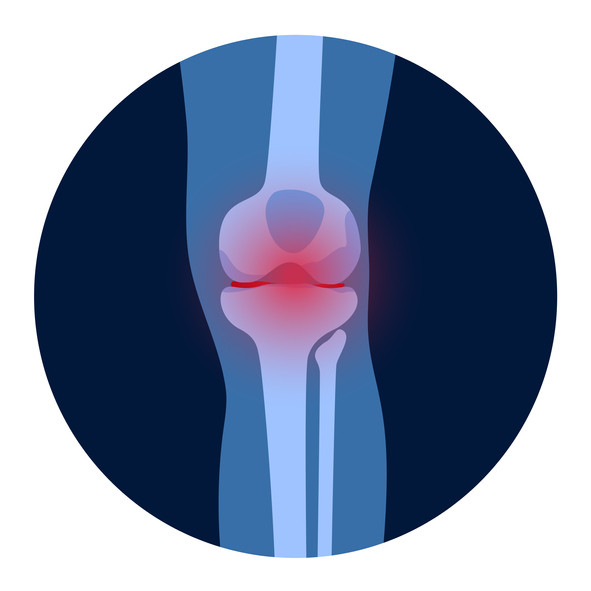Recent Articles

Forearm workouts: Strengthening grip for everyday function

Depression symptoms: Recognizing common and lesser-known symptoms

Medication side effects: What are your options?

Independent living with home care assistance: Balancing autonomy and support

Dialysis: What to expect from this life-changing — and lifesaving — treatment

The BEEP program: Keep your balance

Hoarding: What to know about this mental health disorder

21 spices for healthy holiday foods

Listeria: How to protect yourself from this common cause of food poisoning

Adult day care can benefit older adults and their caregivers
Inflammation Archive
Articles
Cold-water dips: Healthy or risky?
Thoughts on optimism
Chronic inflammation and your joints
Autoimmune conditions and heart disease
Are you wasting money on supplements?
Expand your healthy cooking oil choices
The healthiest fats for cooking and using on food come from plants. Plant oils consist mostly of unsaturated fat, which in limited amounts is good for the heart. One can enjoy a wide variety of plant oils, such as avocado, canola, corn, flaxseed, grapeseed, olive, peanut, rice bran, safflower, soybean, sunflower, and walnut oils. But high heat can break down plant oil molecules and reduce health benefits. The most fragile plant oils include extra-virgin olive oil and nut oils, such as walnut oil.
5 inflammation-fighting food swaps
Inflammation can be a beneficial sign that the body's immune system is fighting an infection, but it can also linger over time, damaging the body. There is evidence that eating a diet heavy in foods that promote inflammation can increase the risk for certain health problems, and also that a healthy diet can reduce inflammation.
Stopping osteoarthritis: Could recent heart research provide a clue?
Currently no medication can slow the progress of osteoarthritis. And while a reanalysis of a study of people with heart disease suggests a promising approach, more definitive research will be necessary to confirm this.
Autoimmune lung disease: Early recognition and treatment helps
Autoimmune diseases occur when the body generates an immune response against itself. Some people with rheumatic or autoimmune diseases, such as rheumatoid arthritis or lupus, develop an autoimmune lung disease. Marked by lung inflammation and possible scarring, it’s easier to treat if detected early.
Mediterranean diet linked to lower inflammation, healthy aging
A study published Feb. 17, 2020, in the journal Gut suggests that lower rates of chronic disease among people who eat a Mediterranean diet might be due to changes in the gut microbiome.
Recent Articles

Forearm workouts: Strengthening grip for everyday function

Depression symptoms: Recognizing common and lesser-known symptoms

Medication side effects: What are your options?

Independent living with home care assistance: Balancing autonomy and support

Dialysis: What to expect from this life-changing — and lifesaving — treatment

The BEEP program: Keep your balance

Hoarding: What to know about this mental health disorder

21 spices for healthy holiday foods

Listeria: How to protect yourself from this common cause of food poisoning

Adult day care can benefit older adults and their caregivers
Free Healthbeat Signup
Get the latest in health news delivered to your inbox!
Sign Up











